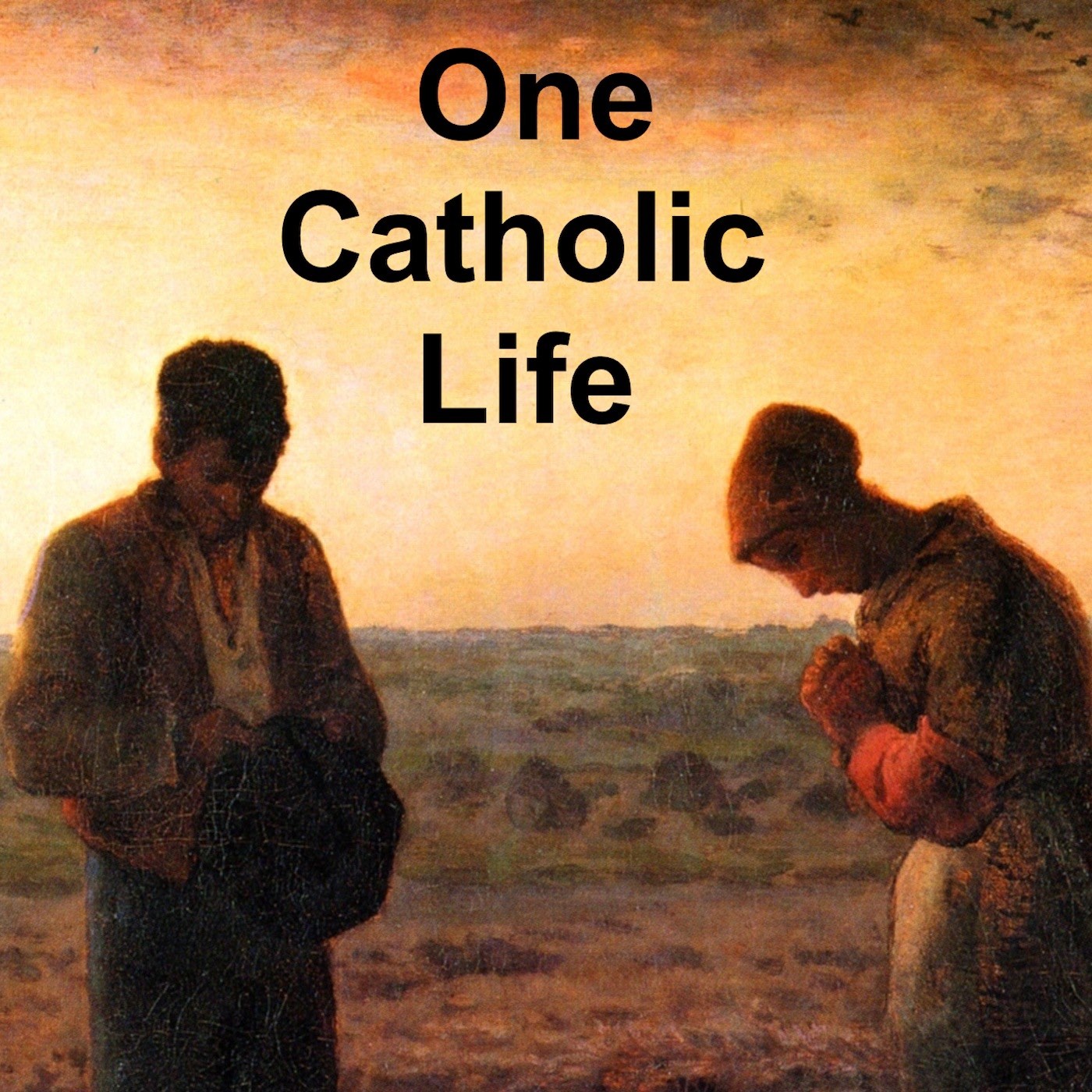Navigation Apps and Repentance: Homily for the Third Sunday of Lent – Year C
Description
One of the most useful apps on a smart phone
is the Maps app.
You type in an address of the place you want to go
and you’re instantly given not only written directions for how to get there,
but you also get a map that shows
a path for how to get to your destination.
You don’t even have to know the name or even the address
of a place you’re trying to get to.
You can simply type in “food near me” or “shopping near me.”
and you’ll get a list of places you’re looking for
along with directions for how to get there.
If you’re walking,
you can tap the little icon of the person
and you’ll get walking directions.
If you’re driving,
you can tap on the car icon and you’ll get driving directions.
If you want to take public transportation,
the apps will even tell you which bus routes to take.
You can also label places that you visit frequently
to make it easier to get directions.
For instance, you can type in your home address
and give it a label, “Home,”
so that no matter where are you are,
you can always type the word “Home” in the search bar
and you will get directions for how to get home.
These apps even tell you which direction you’re facing,
so that if you have walking directions,
you just turn yourself around and watch the little arrow on your phone
until it points you at the little blue dots on the map
and you can tell which way to start walking.
I’ve been thinking about these kinds of apps lately
because I think they can help us understand the work of Lent.
As we heard in the gospel again today, Lent is a time of repentance.
Jesus says twice,
“If you do not repent you will all perish.”
We heard that word on Ash Wednesday, too:
“Repent and believe in the gospel.”
Repentance is a word we hear over and over during Lent,
but is often only partially understood.
Often when we hear the word “repent”
the first thing that comes to mind
is how we ought to recall all the sinful things that we’ve done
and feel remorse or regret for having done them.
We might repent over the way we gossip,
or, we might repent over losing our temper and yelling at our children,
or we might ignore someone who is in need.
We often think of repentance as an effort to feel more and more guilty
over what we have done or failed to do.
Remorse and regret are certainly a part of what it means to repent,
but there is much more to this important word.
The word “repent” is a translation of the word metanoia,
the Greek word that means “change your heart.”
At its root, repentance is a change of heart,
a change of direction,
a turning of one’s life from rebellion
to obedience towards God.
That’s the message of Jesus, his very first message in fact:
“Repent and be faithful to the Gospel.”
“Turn away from sin and be faithful to the Gospel.”
Repentance is not a state of being
but is an active movement of the will and of the heart away from sin.
We remember that sin is a turning away from God.
Every time we lie, or cheat, or gossip,
we turn a little further away from God.
Sometimes our sins turn us completely away from God,
and we put our backs to God and walk in the opposite direction.
It’s as if we are looking at the Maps app on our phone,
and God is in one direction,
and we can see that we are pointed in another direction.
More Episodes
We are given very powerful readings today,
powerful individually and powerful collectively.
And at the heart of them all is a line by St. Paul
in his letter to the Romans:
“…be transformed by the renewal of your mind,
that you may discern what is the will of God,
what is good and pleasing...
Published 09/04/23
Published 09/04/23
It’s a sad fact of history
that the largest religious community
that ever lived together in the same place
in the history of the Catholic Church
was at the Dachau concentration camp in Germany during World War II.
Over 2,500 Catholic priests became prisoners in Dachau,
in Cellblock 26,...
Published 02/13/23


